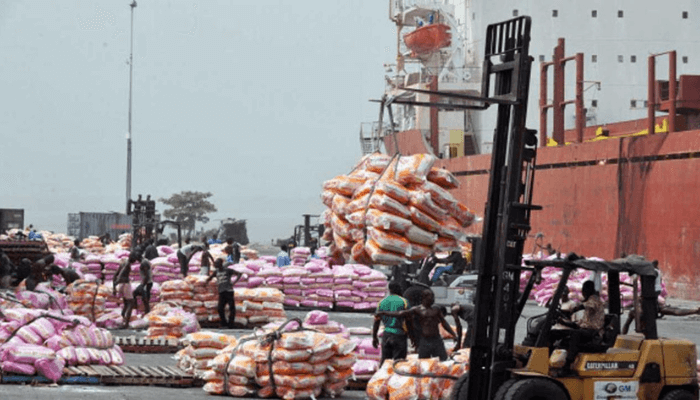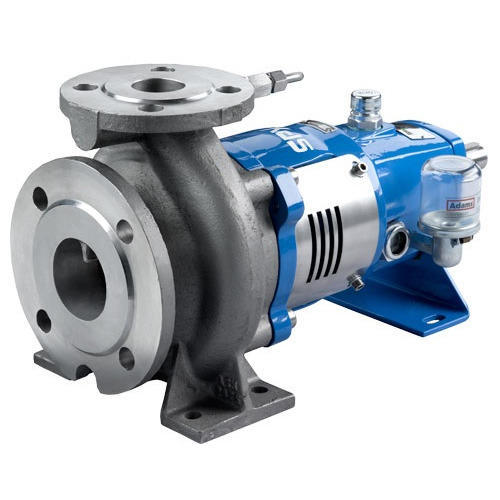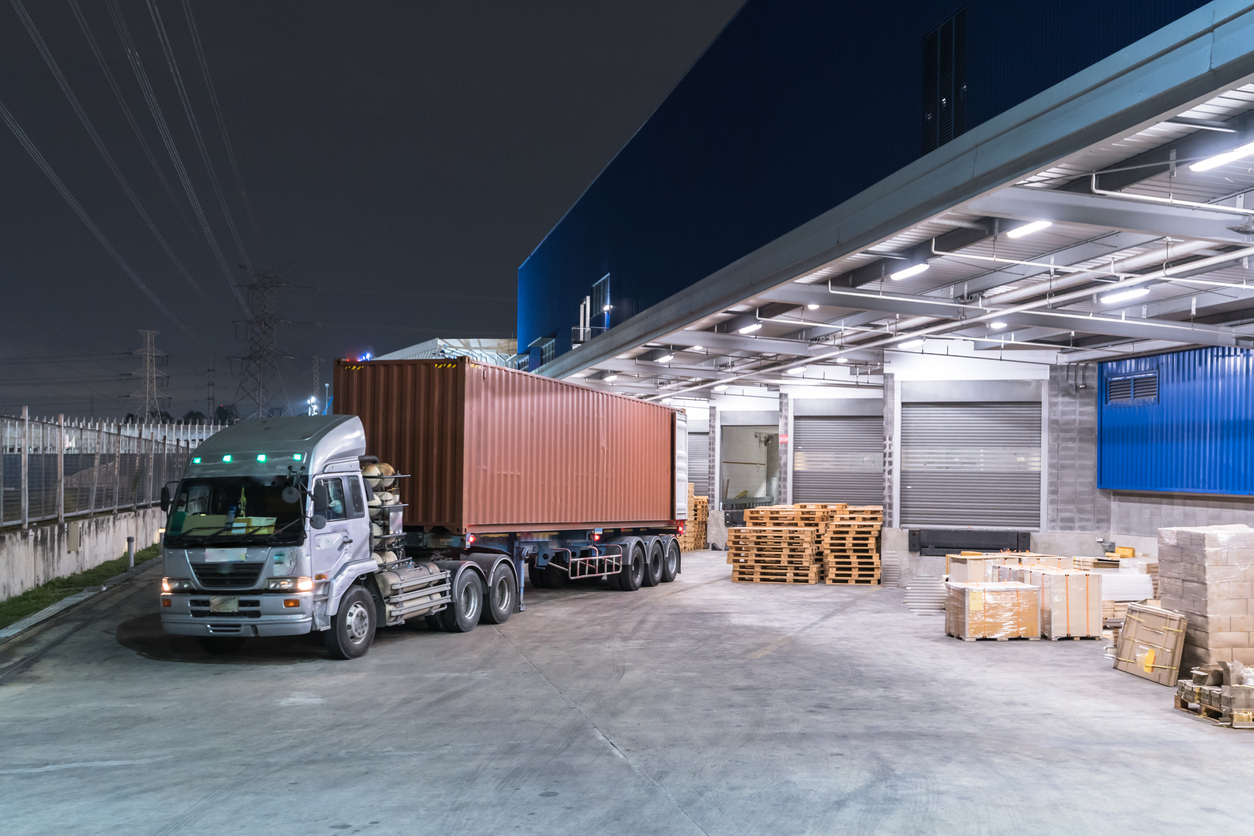Importers and Wholesalers in Nigeria: Driving the Nation’s Trade and Retail Growth
Nigeria is one of Africa’s largest consumer markets, creating vast opportunities for importers and wholesalers. These businesses form the bridge between international manufacturers and Nigeria’s thriving retail sector, supplying essential products from electronics to FMCG, industrial equipment to household goods.
This article explores the essential role of importers and wholesalers in Nigeria’s economy, common challenges they face, and how Wigmore Trading simplifies sourcing and wholesale distribution for businesses across the country.
The Role of Importers and Wholesalers in Nigeria
1. Connecting Global Brands to Nigerian Markets
Importers and wholesalers source products from Asia, Europe, the Middle East, and beyond, bringing a wide range of goods into Nigeria. These products are then supplied to retailers, supermarkets, hospitality businesses, and online sellers.
2. Bulk Purchasing and Stock Management
By purchasing products in bulk, wholesalers reduce per-unit costs, passing on savings to retailers and creating economies of scale across Nigeria’s fragmented retail sector.
3. Distribution and Market Reach
Leading wholesalers operate extensive distribution networks that span major Nigerian cities such as Lagos, Abuja, and Kano, as well as underserved rural areas. This enables consistent supply to retailers nationwide.
4. Supporting Nigeria’s Retail Growth
Importers and wholesalers play a critical role in fueling Nigeria’s retail growth, providing essential products for businesses in the FMCG, electronics, and lifestyle sectors.
Key Challenges Faced by Importers and Wholesalers in Nigeria
Despite their vital role, Nigerian importers and wholesalers face persistent challenges, including:
-
Regulatory and Customs Complexities: Navigating import documentation, compliance with NAFDAC and SON, and clearing goods at Nigerian ports can be complex and time-consuming.
-
Foreign Exchange Volatility: Fluctuating exchange rates impact the cost of imported goods and business margins.
-
Supply Chain and Logistics Issues: Nigeria’s infrastructure gaps can delay product distribution and increase logistics costs.
-
Market Fragmentation: The absence of a formalized retail ecosystem complicates nationwide product distribution.
How Wigmore Trading Supports Importers and Wholesalers
Wigmore Trading helps businesses overcome these challenges with end-to-end import and wholesale solutions:
Streamlined Importation Process
Our experienced team handles sourcing, customs clearance, and regulatory compliance, helping businesses bring goods into Nigeria quickly and efficiently.
Access to Leading Brands and Products
Wigmore Trading imports and wholesales a wide range of products including electronics, smartphones, FMCG goods, and more—sourced from trusted global manufacturers.
Nationwide Distribution Network
With our efficient warehousing and logistics capabilities, we help wholesalers reach customers across Nigeria, ensuring products are available when and where they’re needed.
Transparent and Reliable Service
Our commitment to professionalism and transparency makes us a trusted partner for wholesalers looking to simplify their sourcing and supply chain processes.
Simple Online Sourcing Platform
Through www.wigmorewholesale.com, retailers and wholesalers can easily browse and purchase products for resale, cutting down on procurement time and effort.
Conclusion
Importers and wholesalers are key drivers of Nigeria’s growing consumer economy. By efficiently bringing products into the country and supplying them across Nigeria’s vast retail sector, they fuel business growth and meet consumer demand.
Wigmore Trading provides importers and wholesalers with reliable product sourcing, expert importation services, and streamlined distribution across Nigeria.
Get in touch with our team today to simplify your importing and wholesale needs in Nigeria.








Comments are closed.